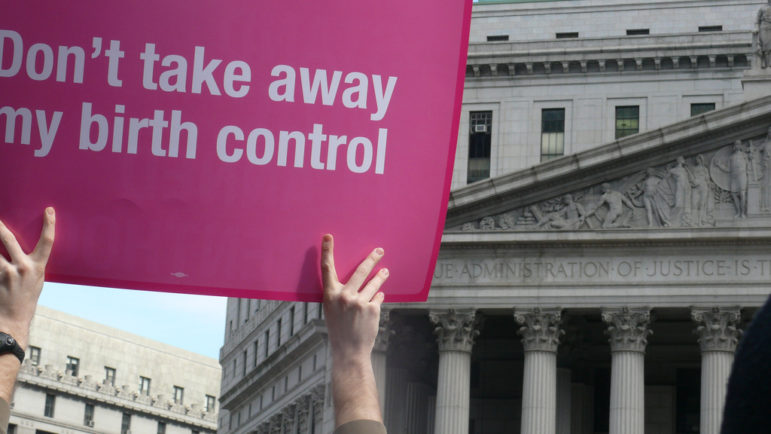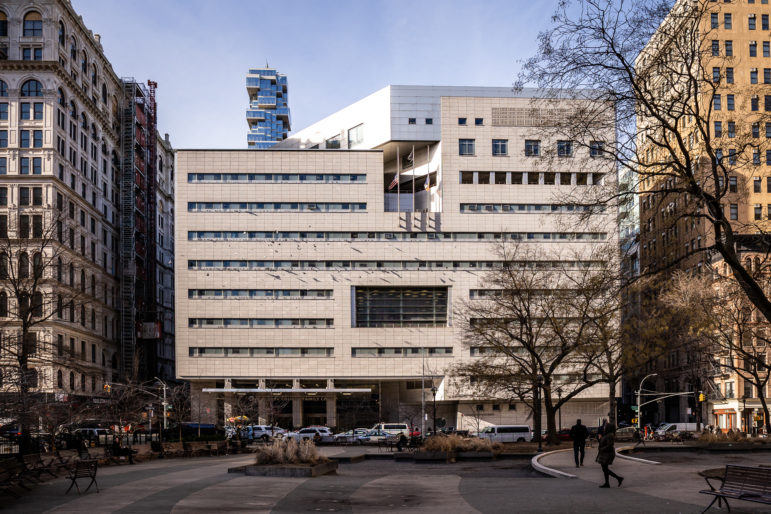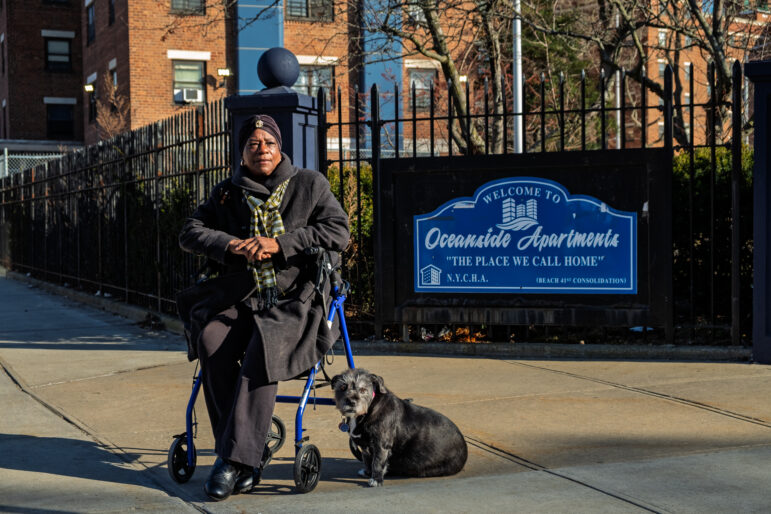
Charlotte Cooper
With a new conference of Democrats about to take office in New York and across the country, it would be easy have a moment of complacency. The country used its decisive vote to support civil rights, LGBT rights, women’s rights, and more. But the Trump administration and its Republican cronies have already managed to put in place a long-term threat to those rights and to basic values.
While a blue wave may have helped to topple Republican leadership in the House and put some check on Donald Trump, they were able to cement much of their conservative ideology in the branch of government that no blue wave can overtake: the Supreme Court. By the time Brett Kavanaugh began his remarks on being nominated, I was in police custody after being arrested protesting outside Trump Tower. I could not have imagined what would later be revealed about this man, but I knew immediately that he would vote to strip away rights long fought for: civil rights, LGBT rights, and women’s rights.
Republicans in Congress, the White House, and now the court have made it clear that they do not, and will not, stand with women or their basic rights. Until we can change that, it’s up to states and cities to act as firewalls, of progressive values and of basic human rights.
The disdain for women and reproductive rights from the likes of Kavanaugh, Trump, and Senate Majority Leader Mitch McConnell are echoed and reinforced in the offices of executives—often white men—across the country. Since the Supreme Court’s Hobby Lobby decision, employers are emboldened to enforce their personal beliefs against their employees, an abuse of position and power that undermines women in the workplace. With Kavanaugh, any chance that the Court might protect against these abuses is lost. Just as New York needs to codify Roe v. Wade, we need to enact our own protections against this discrimination.
This is not a hypothetical. In the United States, and even here in New York, people-primarily women—have been targeted for discrimination because of their personal reproductive health decisions. Michelle McCusker, a woman in Queens, was fired from a religious school in New York for becoming pregnant outside of marriage. A woman in Wisconsin was fired for using in vitro fertilization. Without specific protections against such actions, they fall into the gaps of existing law.
Along with support from the Women’s Caucus and many of my colleagues, I have spent the last year pushing for the NYC Boss Bill. Initially modeled after the state bill sharing its name, it enshrines protections against discrimination on the basis of reproductive health decisions made by an individual. The bill goes beyond prohibiting employer retaliation: By including sexual and reproductive health decisions as a protected status in the Human Rights Law, it will provide inherent protections against discriminatory behavior in reaction to the human right of one’s reproductive health choices. This expansive guarantee extends to housing, public accommodation, and beyond. The health decisions and actions covered are wide-ranging, from abortion and birth control usage to HIV testing and counseling.
New York City needs to take a stand against reproductive injustice, against conservatives from Washington who attempt to impose their extremist agenda against women, with a Supreme Court likely to support it. I do not know what will come before the Court, but I know what is before the Council. I know that reproductive rights that can be undercut by reproductive retribution are not rights at all. I urge my colleagues in the city, and our partners in the state, to take a stand and pass the Boss Bills—because the GOP cannot be the boss of women’s health.
Jumaane Williams is a Democratic Councilmember representing the 45th district in Brooklyn. A candidate for lieutenant governor in 2018, he is now running for public advocate.








